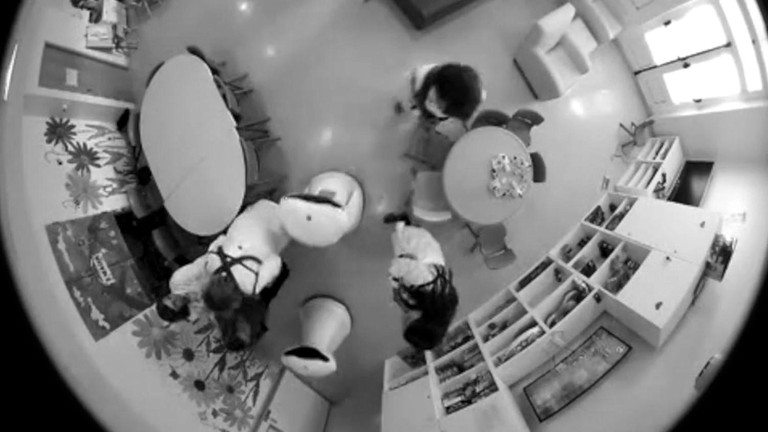Distributed Intelligent Systems and Algorithms Laboratory

The laboratory is currently affiliated with the EPFL Transportation Center, the EPFL Limnology Center, and the EPFL Space Engineering Center. DISAL also actively participated to other centers in the past such as the National Center of Competence in Research in Robotics, National Center of Competence in Research in Mobile Communication and Information Systems, and the EPFL Integrated Systems Center. Among other research activities, DISAL inherited those of the Swarm-Intelligent Systems Group (SWIS), founded in September 2003 at EPFL, and those of the Collective Robotics Group (CORO) founded in December 1999 at the California Institute of Technology, Pasadena, U.S.A.
DISAL’s research mission focuses on the development of (automatic) design, modeling, control, and optimization methodologies for distributed, intelligent systems. A special emphasis is currently set on distributed cyber-physical systems such as multi-robot systems, sensor and actuators networks, and intelligent vehicles.
DISAL’s teaching mission is three-fold. First, to disseminate methods and techniques used to synthesize and analyze cyber-physical systems in primarily environmental engineering and secondarily in civil engineering (bachelor course on Signals, Instruments, and Systems). Second, to disseminate state-of-the-art methods and techniques developed by DISAL or other laboratories around the world to synthesize and analyze their distributed counterpart (master course on Distributed Intelligent Systems and more specialized courses co-lectured at the doctoral level). Third, to foster the training of a new generation of engineers having originally a diverse background (e.g., computational, electrical, mechanical, mechatronic, environmental) in order to efficiently collaborate within interdisciplinary projects concerned with environmental, civil, or architectural applications.


